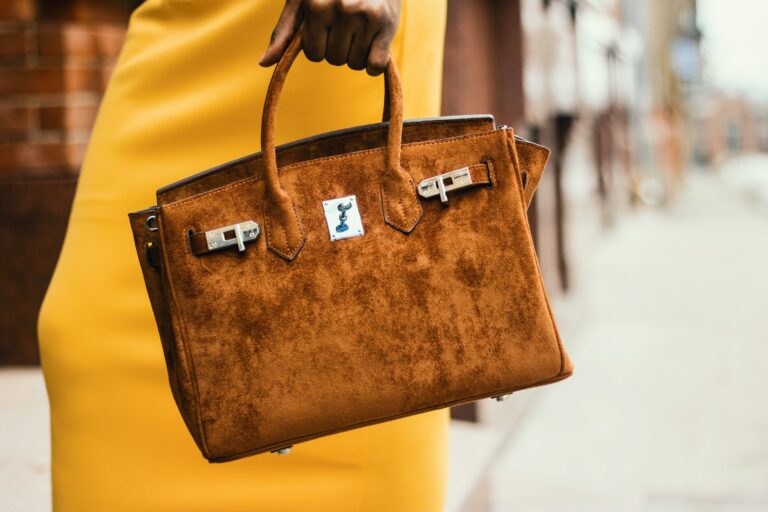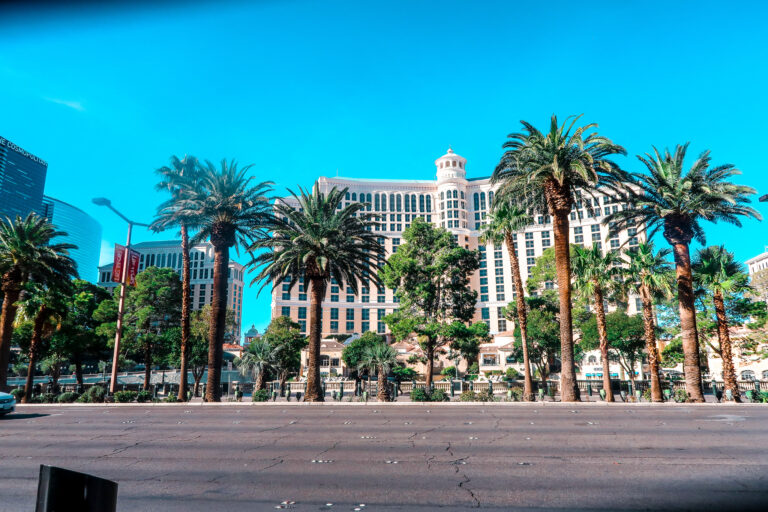6 Great Tips How To Get The Most Money From Currency Exchange
If you’re heading off on holiday soon and you’re looking for the best currency exchange rate, there are a few travel hacks that I’ve discovered to get the most bang for your buck over the years. I’ve teamed up with Tandem Bank to bring you some money-saving tips for when you travel. Tandem Bank has developed a handy savings app for those on the go, they also offer a great credit card specifically designed for people who travel.
The Journey Credit Card is the perfect travel partner. It allows you to spend abroad without fees: you won’t be charged foreign transaction or cash withdrawal fees while on holiday.
Other benefits include instant transaction notifications on your spending and the fact that Tandem has an eligibility checker in-app if you want to check they’re eligible before applying so they don’t impact their credit score.
Other money-saving travel guides
- 50 travel tips to save you money that actually work
- Easy ways to save money in Vegas and still live your best life
- How To Save Money On Flights And Hotels
- 9 Tips On How To Enjoy Christmas Markets And Save Money
- How to travel like a travel blogger in 2020
- How To Save More Money For Holiday Spends
Currency exchange recently has become a little volatile and the British Pound has weakened over the uncertainty of Brexit. However, here are our top tips on how to find the best currency exchange when travelling.
6 Great Tips How To Get The Most Money From Currency Exchange
Research online
Do your research before you buy any currency. Websites like Money have a currency exchange comparison to see where offers the best deal for the amount of money you’re purchasing. Sometimes places do offers such as Sainsbury’s sometimes give you £5 free if you spend over £500 (and they give you a better rate with a Nectar card).
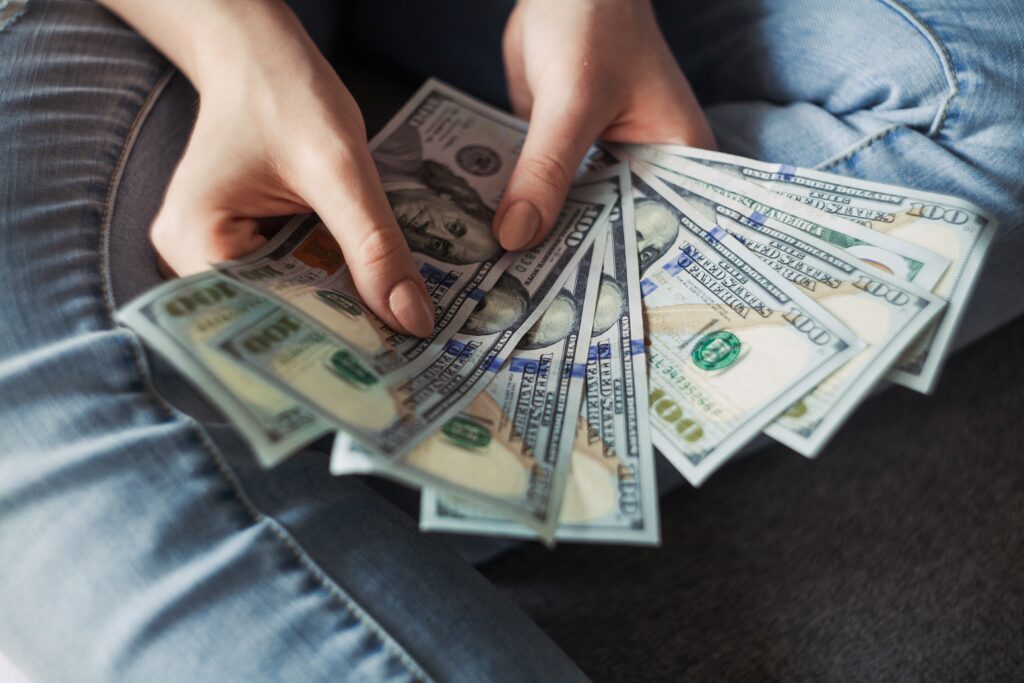
Buy over £500 at a time
You get a far better rate if you buy over £500 worth of currency in one shot. If you’re not looking to purchase that amount on your own but are going with a group, why not club together and take advantage of the better rate?
Do remember though, that if pay a UK bureau by credit (not debit) card and it counts as a cash withdrawal. Meaning there’ll be a fee and interest even if you fully repay. That’s why in this circumstance it’s best to always use a debit card or cash to buy your currency.

Use a credit card
Okay, so people get funny when I discuss credit cards. They’re actually really good for spending. Not only do some offer great rewards such as Airmiles they can also save you money in the long term. Providing you pay your balance in full at the end of each month!
Cited by moneysavingexpert.com Martin Lewis: Good for overseas spending: The Tandem Journey Credit Card is the perfect travel partner. It allows you to spend abroad without fees: you won’t be charged foreign transaction or cash withdrawal fees while on holiday. However, this card does charge interest on cash withdrawals. It’s 18.9% rep APR, though poorer credit scorers may get 24.9%.
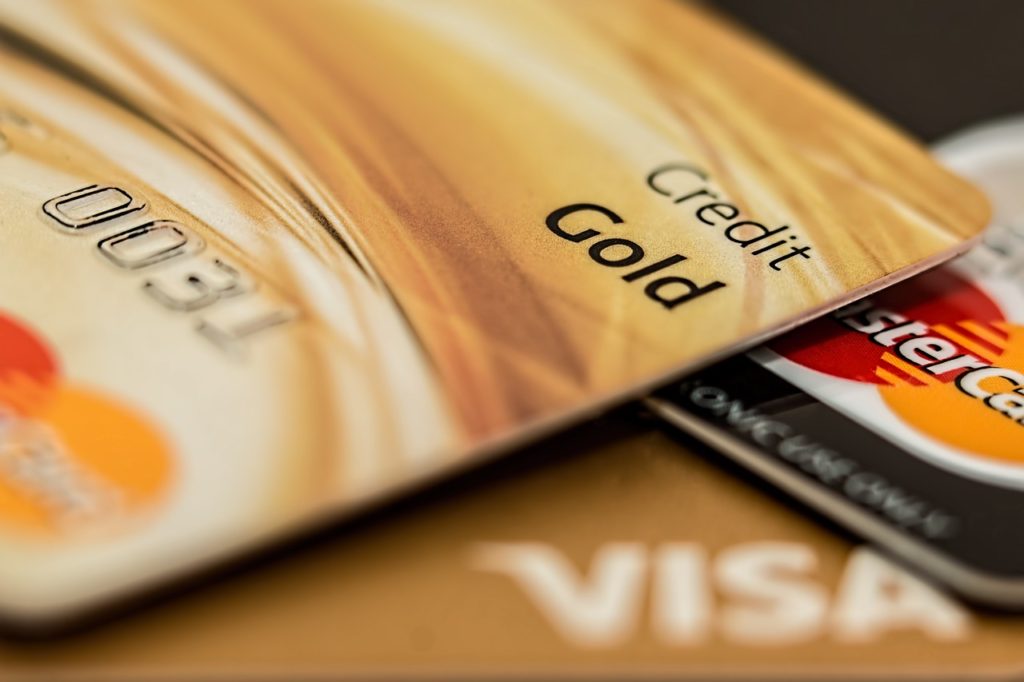
Look into getting a prepaid card
With a prepaid card, you are able to lock in the rate of that day’s currency purchase and it can help you stick to a set budget.
You simply load your card with cash before you travel and then use it like a debit card. You get the rate of currency on the day you load money onto your card, not when you spend it. So sometimes this can work out better for you, other times not so. This is the risk you have to take. If you happen to lose your prepaid card your cash is protected.
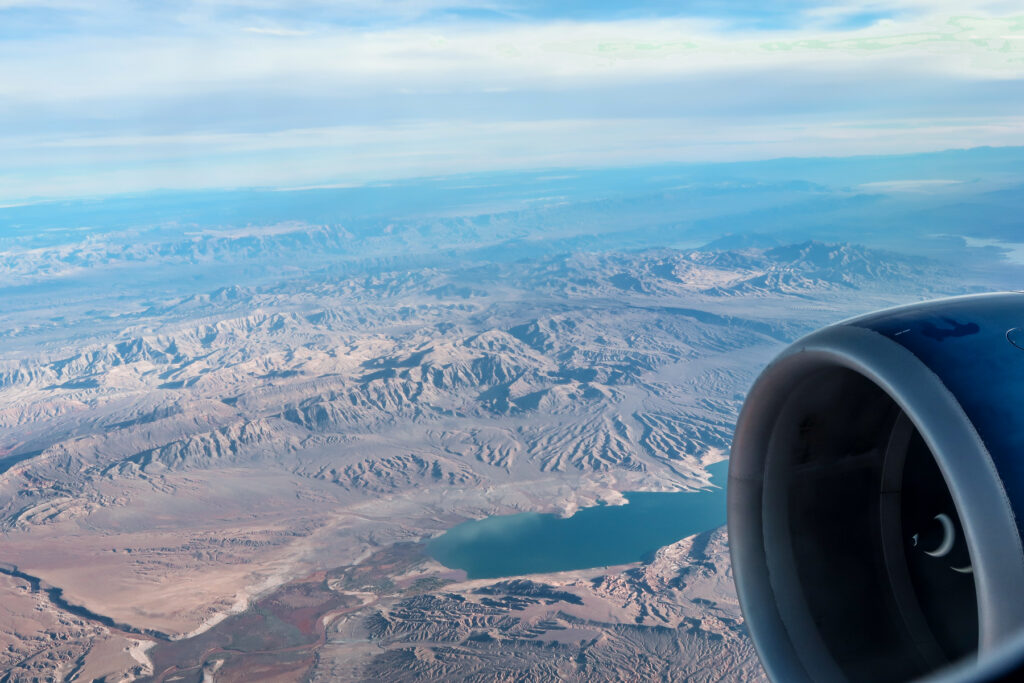
There are a couple of places that don’t accept prepaid cards these are usually car hire companies and pay-at-pump petrol stations. Do check with the prepaid card supplier regarding these.
Pay in the home currency
If you are paying on any kind of card, always make sure you’re paying in the home currency. For example, if you’re in the US always pay Dollars. In Spain? Pay Euros.
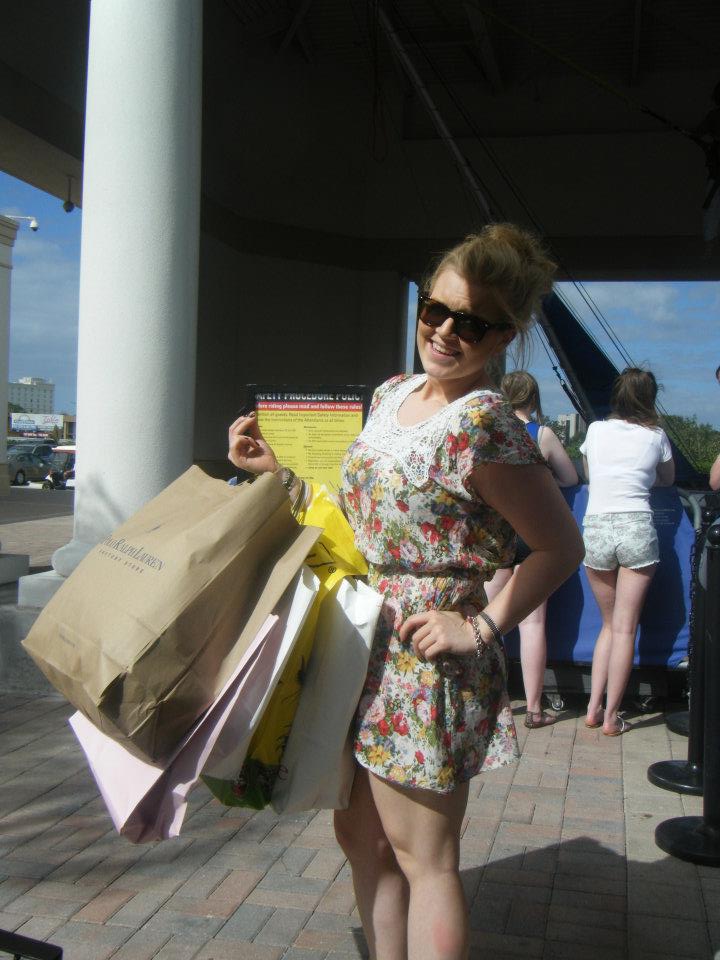
As a general rule, never pay in pounds. Usually, this means the overseas store/bank is doing the conversion, and rates are awful. Also, try and not use a debit card if you bank with the following banks Bank of Scotland, Halifax, Lloyds, Santander, TSB & Clydesdale/Yorkshire. These banks add a withdrawal fee at the ATM and also can add up to £1.50 each time you spend on them. If this is the case and they are your bank, use a credit card or cash when travelling.
Finally, don’t get cash from the Travel Currency Exchange in the Airport
This is an absolute no! Don’t ever buy money inside the airport. The commission on this is exorbitantly high and you’ll end up doing yourself out of money. You’re far better using a credit card like the Tandem card at an ATM when you’re abroad which offers a no-fee withdrawal for overseas then paying it off in full the following month.





